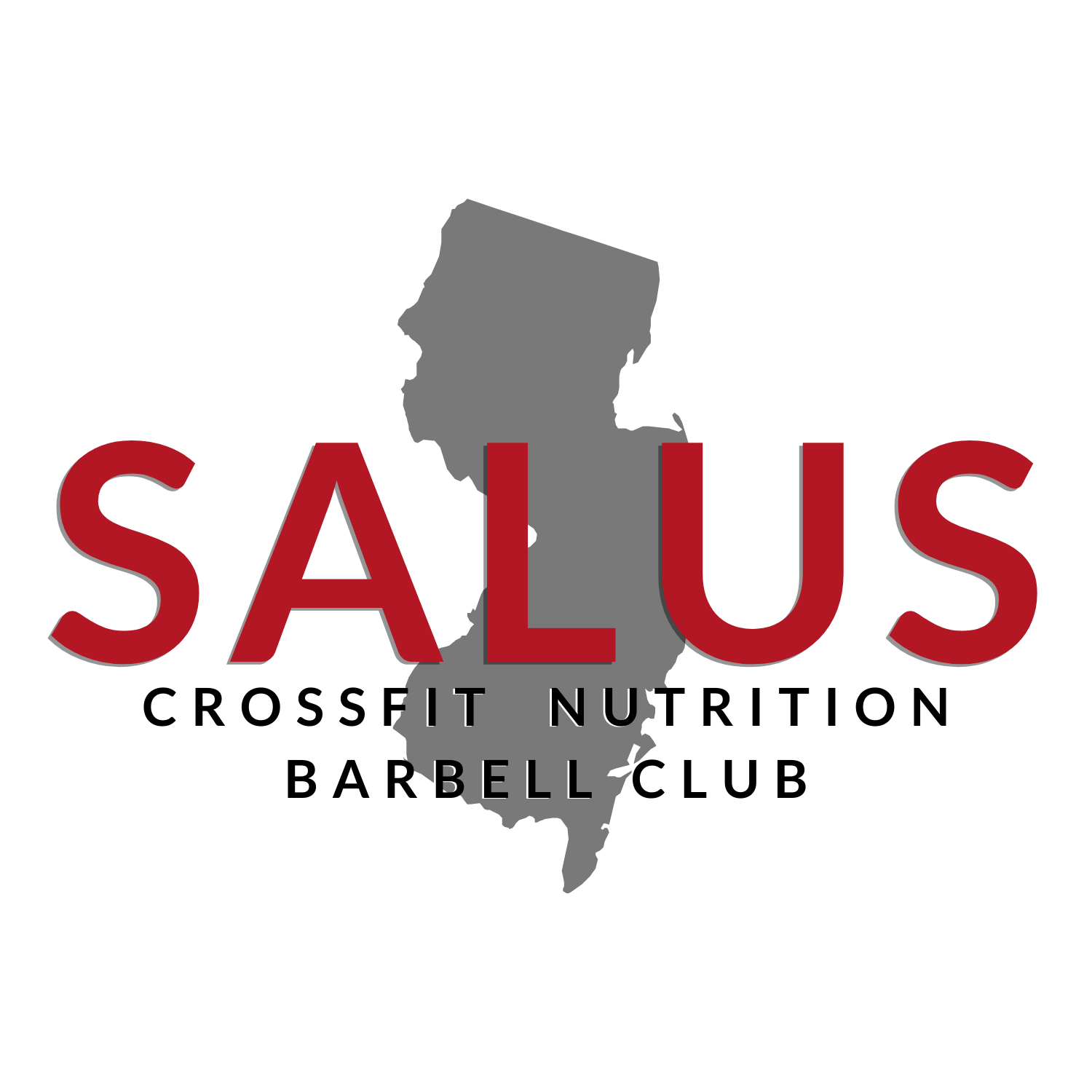The Daily Weighing Dilemma: To Step on the Scale or Not?
Is Daily Weighing Right for You? Understanding Your Perspective
Should you weigh yourself every day? It’s a question that has sparked debates among health enthusiasts and researchers for years. Recently, a study conducted at the University of Oxford delved into this very topic, shedding light on the various psychological aspects of daily weighing.
Let’s explore the findings and weigh the pros and cons.
Should you weigh yourself every day?
In this intriguing study, participants were tasked with a simple yet revealing routine: they had to weigh themselves each morning for eight consecutive weeks. However, the unique twist was that they were also required to “think aloud” during and after stepping on the scale, either by audio-recording their thoughts or jotting them down in a journal. The goal? To gain deeper insights into the participants’ mental processes regarding their daily weigh-ins.
The scientists behind this study meticulously analyzed the participants’ responses, and the results were illuminating.
Comparison Game vs. Action Planning
One of the key findings was that 90% of participants instinctively compared their current weight to a previous weight or a predetermined goal weight. This behavior highlights a prevalent trend among individuals who frequently weigh themselves—the constant pursuit of numerical validation.
Additionally, 58% of participants reflected on their daily decisions and actions that might have influenced their current weight. This introspective approach demonstrated an awareness of their behaviors, but it often lacked a concrete plan for improvement.
Shockingly, only 14% of participants made an action plan after their daily weigh-in, and a mere 6% developed a specific action plan. This stark contrast in percentages emphasizes that most individuals engage in passive reflection rather than proactive decision-making.
The Power of Specific Action Planning
Here’s the real revelation from this study: when the researchers tracked which behaviors actually facilitated weight loss, the only one that proved effective was specific action planning. In other words, those who devised concrete, actionable plans after stepping off the scale were the ones who saw tangible progress in their weight management journey.
So, what does specific action planning look like? After weighing yourself, you might ask questions like:
- “How can I ensure that I eat slowly and mindfully today?”
- “What type of vegetable can I include with each meal?”
- “When exactly will I fit in my 15 minutes of intentional movement?”
By posing these specific questions, you transform your daily weigh-in into a strategic tool for success. Rather than meandering through the day with vague intentions of making better choices, you proactively create a roadmap towards your health goals.
The Individual Perspective: How Often Should I Weigh Myself?
It’s important to note that there’s no one-size-fits-all answer when it comes to daily weighing. For some, stepping on the scale every day can be an empowering ritual that provides feedback, motivation, and a sense of control over their health journey. However, for others, it can trigger anxiety, disappointment, and even shame, leading to a negative impact on mental well-being.
The key takeaway from this research is that you should consider your own experience and feelings about daily weighing. Ask yourself, “Is this helping—or hurting?” Remember that weighing yourself daily isn’t a requirement for successful weight management. Instead, it’s one of many tools you can use, provided you approach it with the right mindset and strategies.
Remember, the daily weighing dilemma isn’t a one-size-fits-all issue. The University of Oxford study highlights the importance of shifting from passive comparison to active, specific action planning after each weigh-in. Ultimately, the decision to weigh yourself every day should align with your goals , preferences, and mental well-being.
The scale can be a valuable ally on your health and nutrition journey, but only if you use it as a tool for empowerment and positive change.
References:
Frie K, Hartmann-Boyce J, Pilbeam C, Jebb S, Aveyard P. Analyzing self-regulatory behaviors in response to daily weighing: a think-aloud study with follow-up interviews. Psychol Health. 2020 Jan;35(1):16–35. [PMID: 31198059]
The post The Daily Weighing Dilemma: To Step on the Scale or Not? appeared first on Salus.





